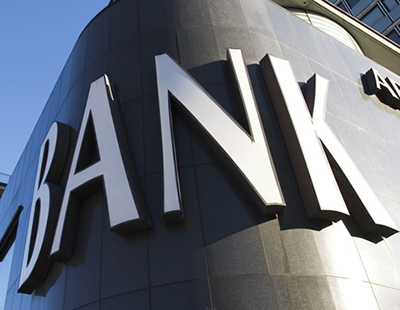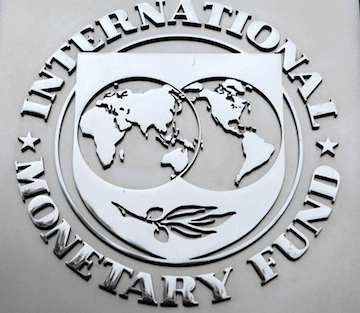
Ghanaian banks have faced a challenging year as they grapple with surging bad loans.
According to the Bank of Ghana's Income Statement, in the first eight months of 2023, banks wrote off a staggering ¢2.416 billion as bad debt. This represents a concerning 36.4% increase compared to the previous year.
The provisioning for these bad loans covered various issues, including loan losses and depreciation. This situation has raised red flags about the health of the banking sector in the country.
One alarming statistic revealed by the Bank of Ghana is the deterioration in the industry's asset quality. The Non-Performing Loan (NPL) stock and NPL ratio have both witnessed significant increases.
The NPL ratio surged from 14.3% in August 2022 to 20.0% in August 2023. When fully provisioned loan losses are taken into account, this NPL ratio sharply increased to 9.0%, up from 3.8% during the same period. The growth in bad loans, classified as sub-standard and doubtful, played a pivotal role in driving up this ratio.
The principal factor behind this surge in NPLs is the faster increase in the NPL stock compared to total loans. In August 2023, the NPL stock rose by 53.6% to ¢14.5 billion, a considerable jump from ¢9.5 billion in August 2022. This surge is partly attributed to the revaluation of foreign currency NPLs and the deterioration of domestic currency loans.
Breaking down the data into economic sectors, the private sector bore the brunt of non-performing loans.
It accounted for 95.0% of the NPLs in August 2023, slightly lower than the 95.9% recorded in the same month in 2022. In contrast, the public sector's share of NPLs rose to 5.0% from 4.1% a year earlier.
This growing burden of bad loans is raising concerns about the stability of the banking sector in Ghana. The government and regulatory authorities will need to take decisive steps to address these issues and restore confidence in the banking industry.
The alarming increase in bad loans is a stark reminder of the challenges faced by the financial sector, and swift action is required to prevent further deterioration.
Read Full Story




















Facebook
Twitter
Pinterest
Instagram
Google+
YouTube
LinkedIn
RSS